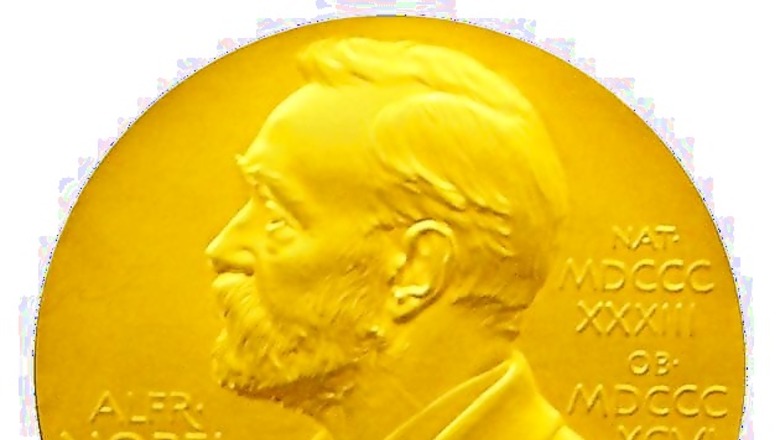
views
Stockholm: US economists Alvin E Roth from Harvard University and Lloyd S Shapley from the University of California, Los Angeles, were awarded the Sveriges Riksbank Prize in Economic Sciences in memory of Alfred Nobel for the year 2012.
They won the prize for research on how to match different economic agents such as students for schools or even organ donors with patients.
The Royal Swedish Academy of Sciences, which made the award, said the 8 million crown ($1.2 million) prize recognized "the theory of stable allocations and the practice of market design".
The economics prize, officially called the Sveriges Riksbank Prize in Economic Sciences in Memory of Alfred Nobel, was established in 1968. It was not part of the original group of awards set out in dynamite tycoon Nobel's 1895 will.
Lloyd Shapley used so-called cooperative game theory to study and compare different matching methods. A key issue is to ensure that a matching is stable in the sense that two agents cannot be found who would prefer each other over their current counterparts. Shapley and his colleagues derived specific methods – in particular, the so-called Gale-Shapley algorithm – that always ensure a stable matching. These methods also limit agents' motives for manipulating the matching process. Shapley was able to show how the specific design of a method may systematically benefit one or the other side of the market.
Alvin Roth recognised that Shapley's theoretical results could clarify the functioning of important markets in practice. In a series of empirical studies, Roth and his colleagues demonstrated that stability is the key to understanding the success of particular market institutions. Roth was later able to substantiate this conclusion in systematic laboratory experiments. He also helped redesign existing institutions for matching new doctors with hospitals, students with schools, and organ donors with patients. These reforms are all based on the Gale-Shapley algorithm, along with modifications that take into account specific circumstances and ethical restrictions, such as the preclusion of side payments.




















Comments
0 comment